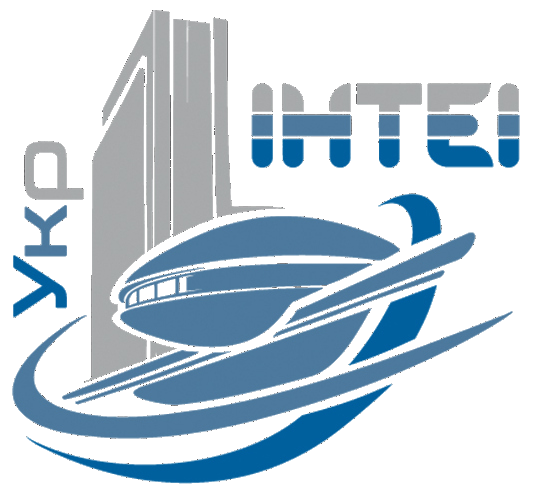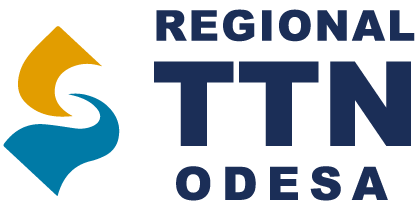The government adopted a concept for the development of STEM education by 2027
 The Cabinet of Ministers of Ukraine approved the Concept for the Development of Natural and Mathematical Education (STEM-education), the implementation of which is provided until 2027. This happened on August 5, 2020, during a Government meeting.
The Cabinet of Ministers of Ukraine approved the Concept for the Development of Natural and Mathematical Education (STEM-education), the implementation of which is provided until 2027. This happened on August 5, 2020, during a Government meeting.
“The introduction of STEM-education will not only allow teachers to more clearly explain the necessary material, but will also help students learn critical thinking from school and successfully combine the acquired knowledge to solve real-life situations. After all, one of the main competencies of schoolchildren is the skills of logical and mathematical thinking and scientific understanding of nature and modern technologies. We want the scientific, technical, mathematical, engineering professions to become popular again, and this popularity needs to be developed from the knowledge gained at school”, – said the acting Minister of Education and Science Sergiy Shkarlet.
The concept is aimed at modernizing STEM-education, its large-scale implementation at all components and levels of education, establishing partnerships with employers and scientific institutions and their involvement in the development of natural and mathematical education.
According to the Concept, teaching methods and curricula of STEM-education will be aimed at developing competencies that are relevant in the labor market. In particular, these are critical, engineering and algorithmic thinking, information processing and data analysis skills, digital literacy, creative qualities and innovation, communication skills.
STEM-education will be implemented taking into account the principles of a personal approach, constant updating of the content of education in accordance with new scientific achievements and labor market requirements, the formation of the necessary competencies at all components and levels of education, the development of institutions of specialized education in the scientific direction.
The development of STEM-education can be provided at the primary, basic, specialized, higher/professional levels of education.
STEM education can be realized through all types of education – formal, non-formal, informal (on online platforms, in STEM centers/laboratories, through excursions, tournaments, competitions, festivals, workshops, etc.).
Additional.
It is based on a transdisciplinary approach to teaching, the practical application of scientific, mathematical, technical and engineering knowledge to solve practical problems and their use in professional activities.










